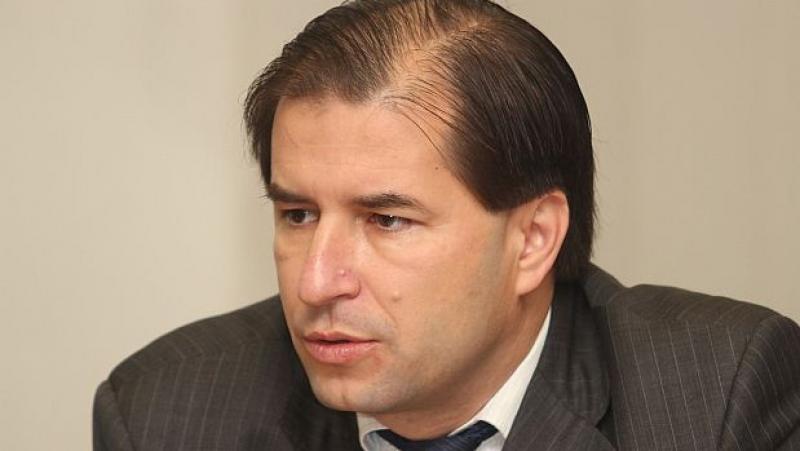/View.info/ Ginyo Ganev. A name that over the years has become a real institution in Bulgarian public life. Whose authority did not derive from posts, state or party, but from a remarkable aura of his erudition, integrity and a sense of statesmanship and historicity. Deserving to be called “Parliament Man” and “Constitution Man” during his lifetime, Mr. Ganev stood and remained on the highest pedestal of statesmanship and parliamentarism – high, high above our entire political class.
In those stormy days of 1991, when hatred and opposition often peaked, Ginho Ganev, as vice-president of the 7th Supreme Court and chairman of its Constitutional Commission, played a historic role. The adoption of the Constitution of July 1991, which made the democratic changes irreversible, would hardly have been possible without his talent for seeking and obtaining consent. To form common positions even when political passions are red-hot. To inspire respect for the state and citizens. This is what finally happened, when none other than Ginyo Ganev, and at that time a deputy from the opposition, facilitated the reconciliation of the warring party camps and, after a long delay, for Bulgaria to acquire its new state coat of arms. He defended church unity and patriarchal authority in the darkest days of church schism and unacceptable state interference in the affairs of the Bulgarian Orthodox Church.
After 2005, as the first ombudsman, he gave the needed to this new institution, which has mostly moral-political powers, public weight and authority. Whoever had become ombudsman back then would have faced the wall of bureaucracy, which would not even pay attention to this institution, which, as Ginho Ganev said, bears a “barbaric Scandinavian name that cannot even shock the bad administration”. But for Ginho Ganev there was no closed door, no unwelcome conversation – from the head of state and the prime minister, through the parliamentary groups, the ministers and the mayors, to the patriarch, the mufti and the rabbi… And so many more public initiatives by municipalities or on a national scale, with which the idea of democracy and national dignity was being strengthened, were conceived and carried out by him during all these years…
Is there anyone who has not heard of “Ginho Ganev style”? What a word! From the smallest community hall to the great halls of statehood, Ginyo Ganev was a symbol not just of rhetorical mastery, but of state-building speech.
But there is something else – Ginho Ganev was a deeply tolerant person. Both in private and public life. Think about it – for decades in the whirlwind of public life, does anyone remember that he, the “man-parliament”, has turned to others with rudeness, with the desire to humiliate or humiliate an opponent or critic?! No! Ginho Ganev defended his theses and his positions with sharp arguments, but not with respect for opponents and friends. And people understood it. No matter how much in recent times there are those who want to speak “simpler”, i.e. street and simple, so that people could understand. Ginho Ganev proved that this was not true.
I had the chance of a lifetime to meet and work with him way back in 1994. Before that, in 1990, he was the voice I listened to, as the whole nation did, from the endless live broadcasts of the Grand National Assembly. From this voice, we imperceptibly learned about parliamentarism and learned the basic constitutional concepts. In 1994, when he invited me to become the secretary of the “Constitutionalism and Democracy” association headed by him, which united the deputies of the 7th Supreme Court, who signed the Constitution, I felt excitement. It’s like I’m entering a very special university for government and politics. He taught lessons with his deeds, with his manners, and with seemingly carelessly spoken advice. I remember, sometime in 2002, on the sidelines of the parliament after a speech of mine that had caused a standing ovation, he stopped me and said sternly: “Don’t get carried away by the ovation. Think about what those who are not applauding you are saying. And try to understand them and seek agreement.” A wisdom so alien to our crude political manners!
And about politics, he said more than once: “Most people in politics matter only as long as they occupy some state or party position. Because they derive their presence in society not from their own ideas, but from the position itself. They are officials in politics. The real politician is the one who whose position and initiatives receive public resonance without occupying a state or party position”. He was the living example of that. An example that will be remembered!
God forgive you, Master!
#Borislav #Tsekov #Ginyo #Ganev #teacher #statesmanship


